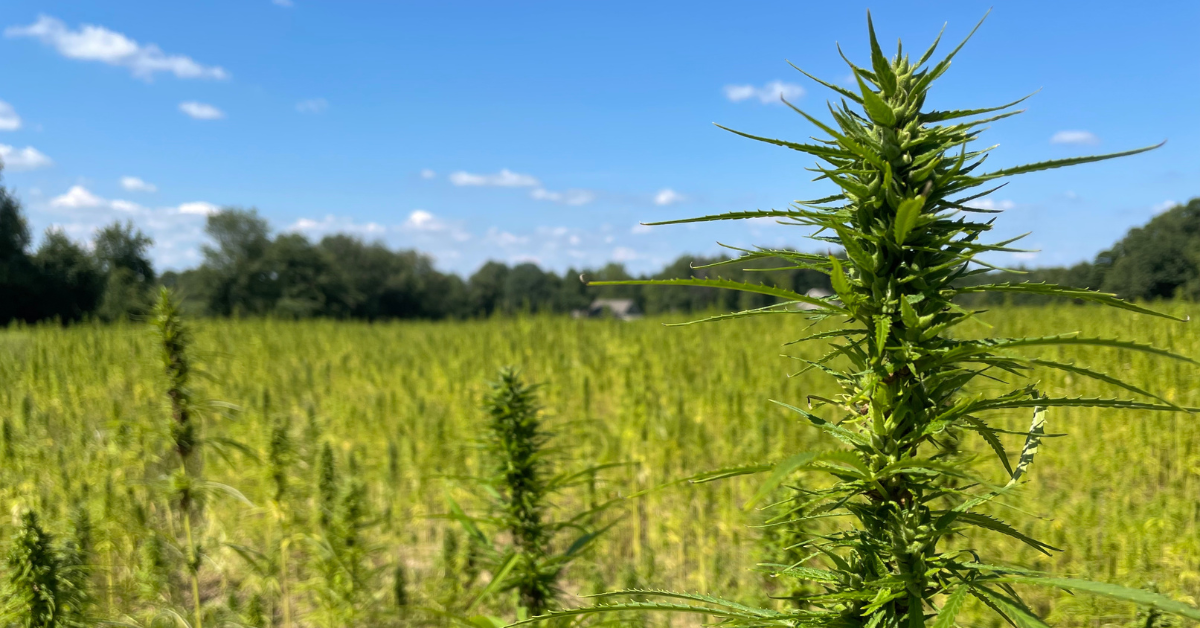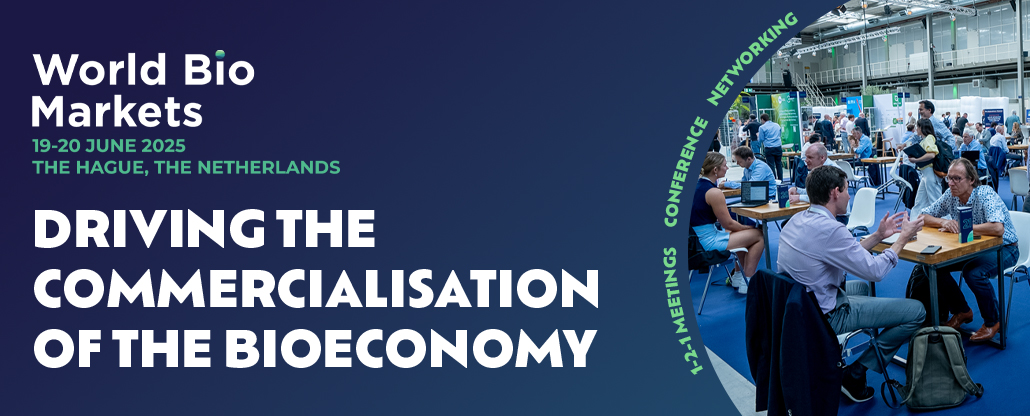Giving Manufacturers A Predictable Path To Decarbonize Plastic
SEC climate disclosures are coming online over the next couple of years. This is going to force public companies and their suppliers to disclose scope 1, 2, and 3 carbon emissions”
— Jesse Henry, CEO Heartland Industries
Heartland has completed its Life Cycle Assessment (LCA) to determine the carbon footprint of Imperium Filler from cradle to gate. This research shows that every 1 kg of Imperium Filler removes 3 kg of CO2e.
Heartland’s LCA was completed by Presidio Graduate School and Steffan Unnasch, Managing Director of Lifecycle Associates. This work was done in accordance with ISO 14040 Standards for Life Cycle Assessments.
The research studied Heartland’s Imperium Filler as a replacement for mineral fillers commonly used in plastics. Specifically, the LCA quantifies filling plastic with 20% Imperium Filler to replace talc and calcium carbonate (two commonly used plastic additives).
In addition to plastic, Heartland’s Imperium Filler is also used as an additive for rubber, foam, asphalt, paper, and concrete. This LCA will provide the backbone for lower carbon footprint solutions across raw material supply chains.
Brands and their suppliers are looking for drop-in materials that can reduce the cost, weight, and carbon footprint of the products they manufacture. Heartland’s Imperium Filler gives these manufacturers a predictable path to create carbon-neutral, or carbon-negative, products.
Companies have put millions of dollars into bioplastics and other alternative materials, but they still face headwinds with low supply and high prices. Heartland’s carbon-negative plastic additives are the first practical way to decarbonize plastic products without compromising strength or cost.
“SEC climate disclosures are coming online over the next couple of years. This is going to force public companies and their suppliers to disclose scope 1, 2, and 3 carbon emissions,” says Heartland CEO, Jesse Henry. “Our sustainability platform will support manufacturers with the materials and technologies needed to create lower carbon footprint everyday products.”
Green energy and recycling programs have been around for decades. Today’s top manufacturers are looking to lead the next phase of the sustainability revolution by leveraging a reliable supply chain of biomaterials. Heartland’s carbon-negative additives are simple, drop-in solutions that reduce the environmental impact of the products that we use every day.
If you like what you read, check out our 5 Minutes With… Jesse Henry




